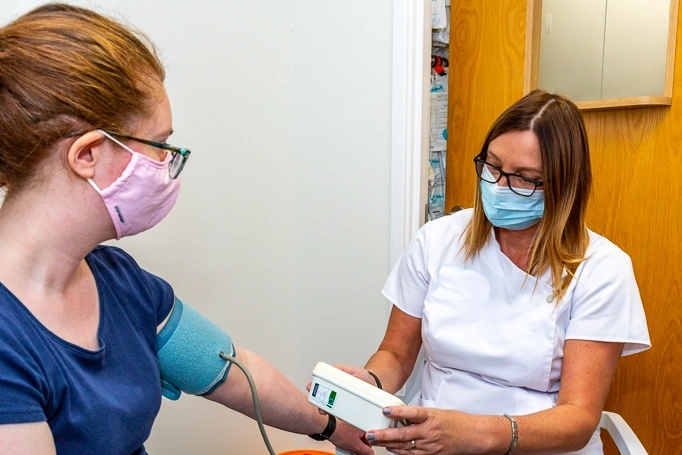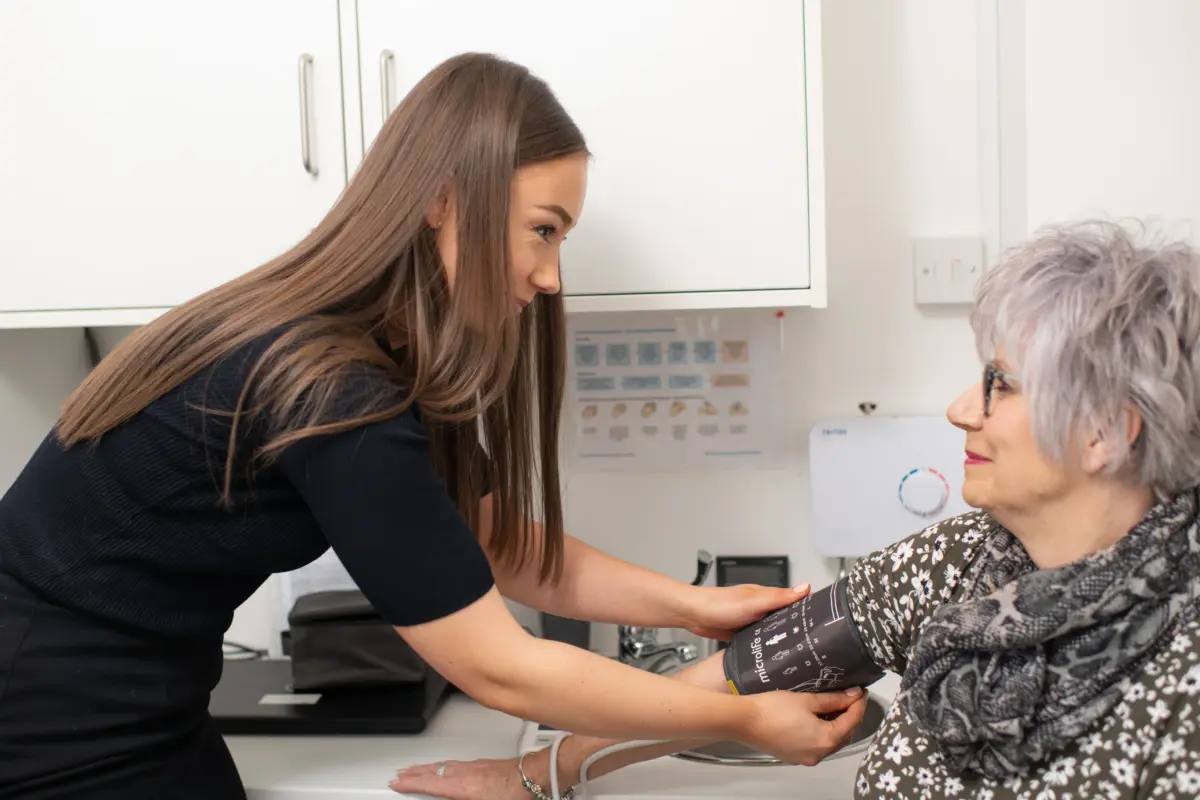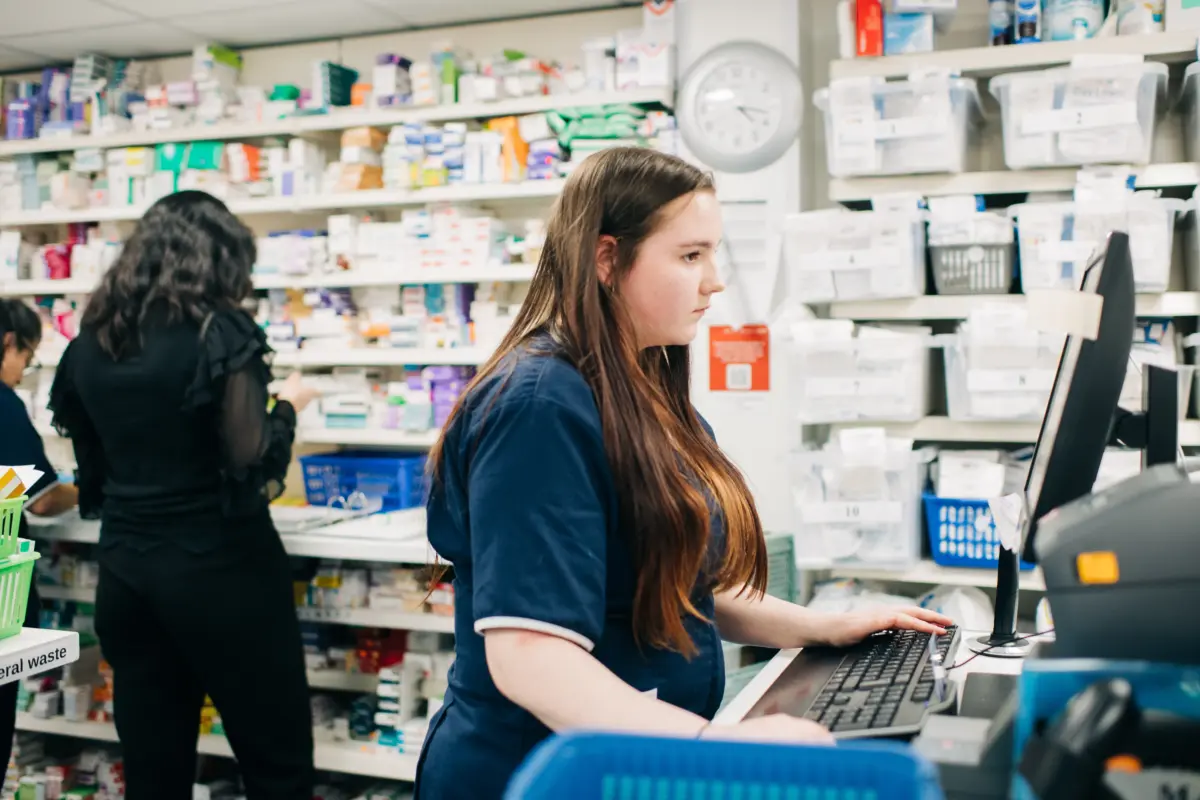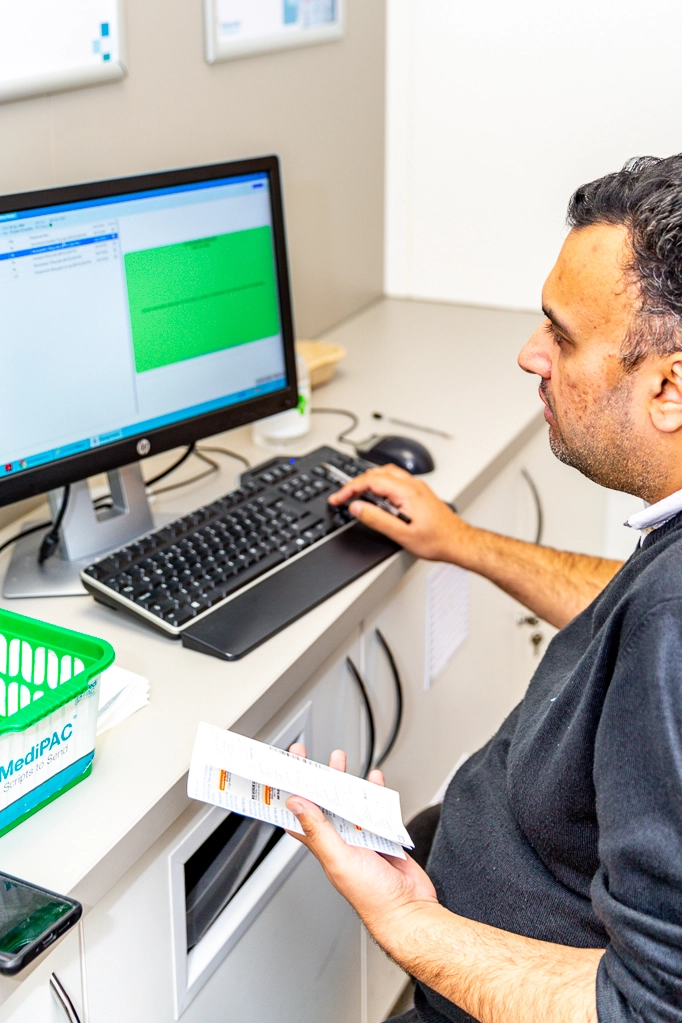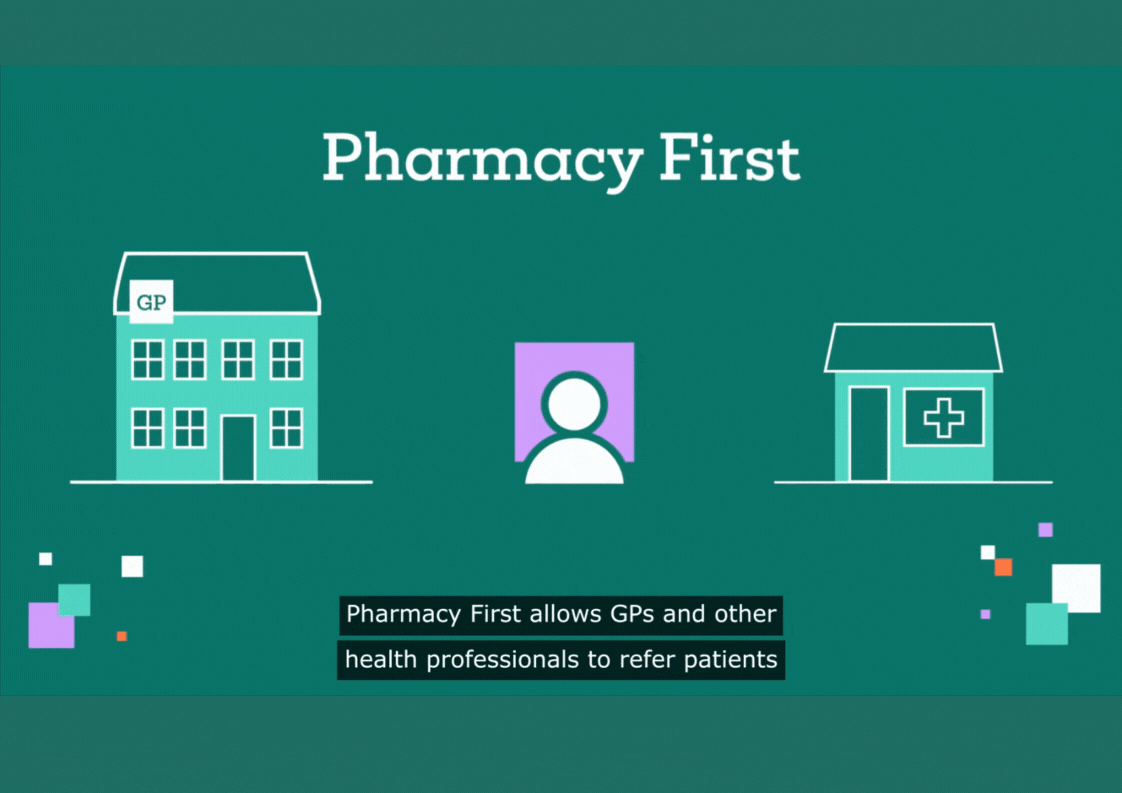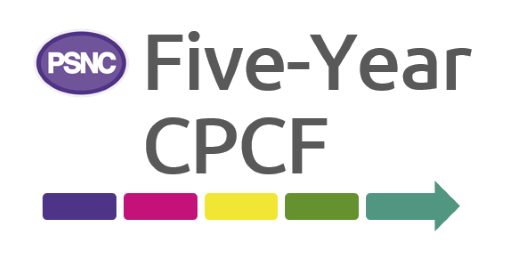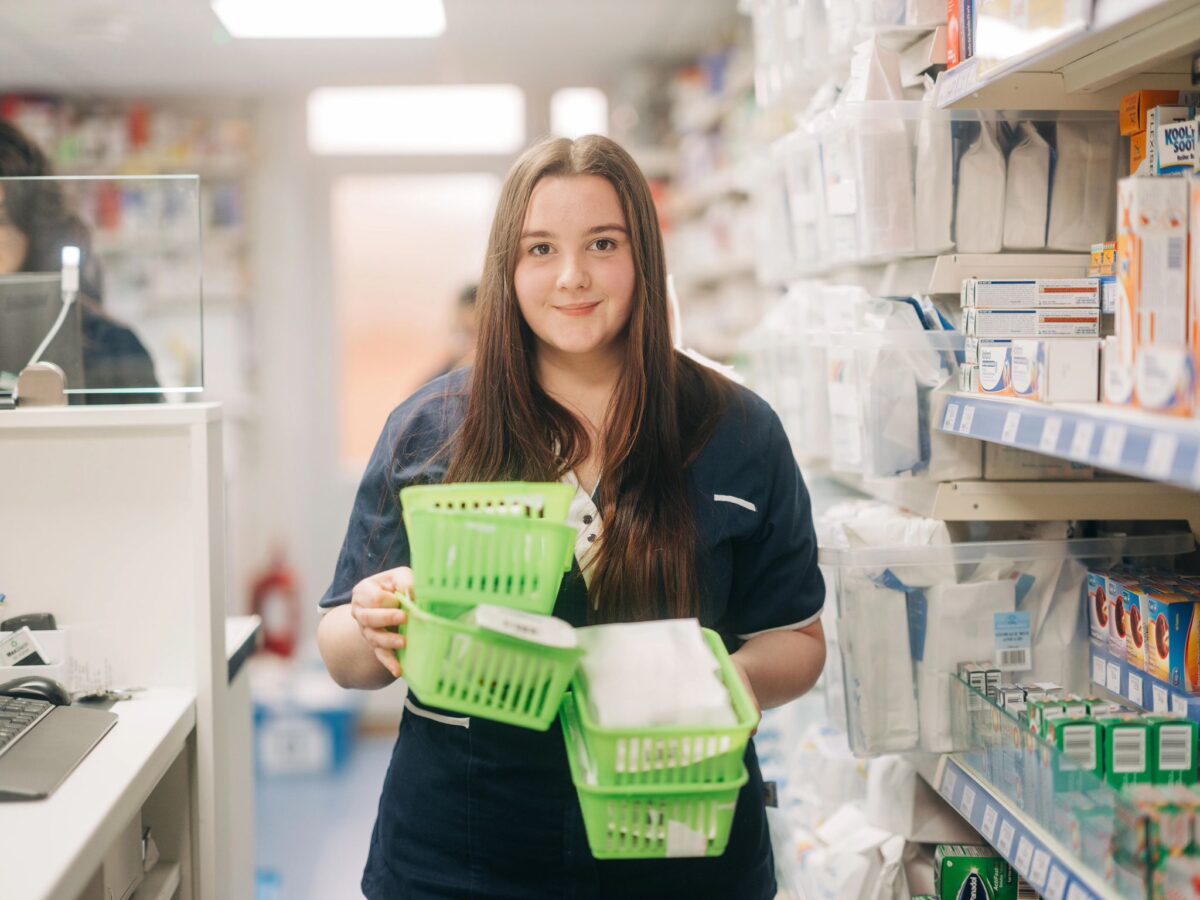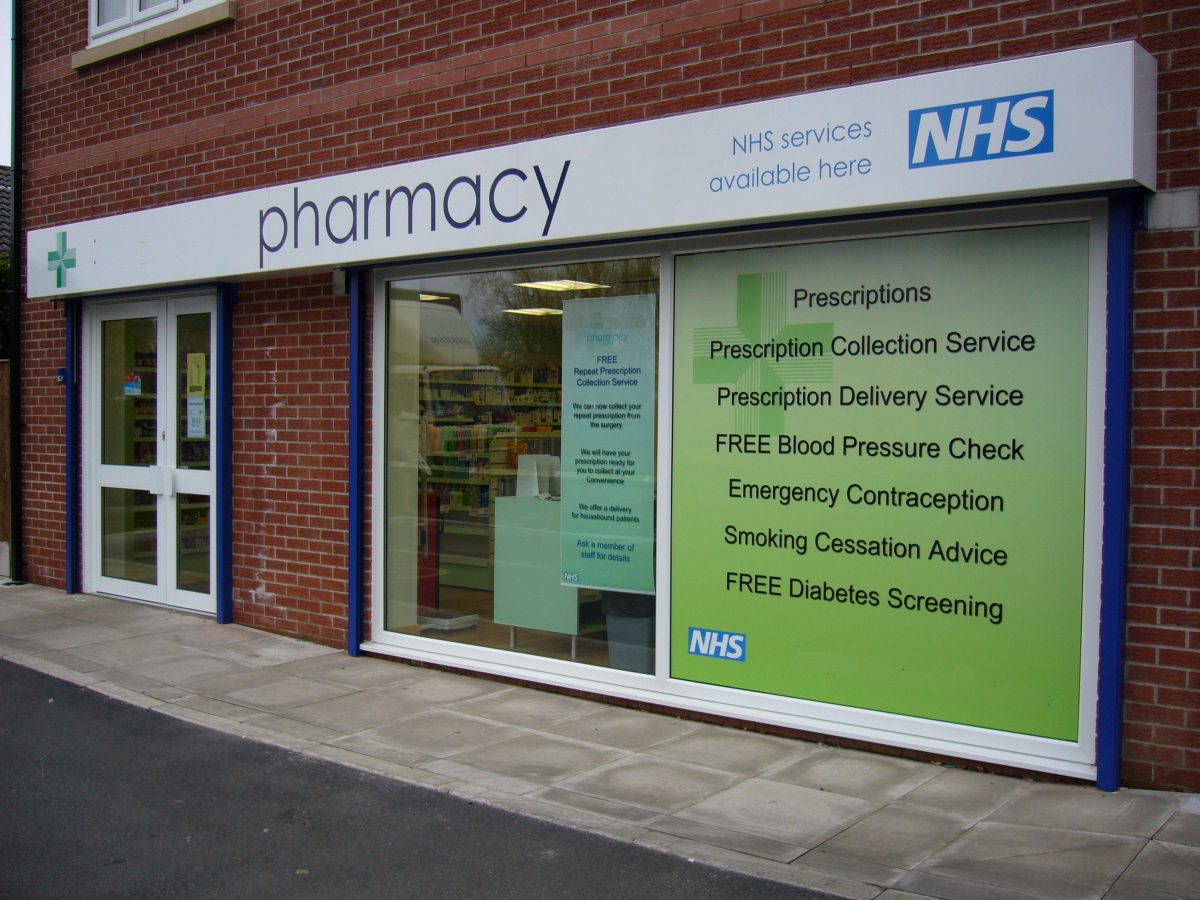Appliance Use Review (AUR)
Published on: 10th July 2013 | Updated on: 23rd August 2023
Appliance Use Review (AUR) was the second Advanced Service to be introduced into the NHS Community Pharmacy Contractual Framework (CPCF).
AURs can be carried out by a pharmacist or a specialist nurse in the pharmacy or at the patient’s home. Alternatively, where clinically appropriate and with the agreement of the patient, AURs can be provided by telephone or video consultation, in circumstances where the conversation cannot be overheard by others (except by someone whom the patient wants to hear the conversation, for example a carer).
AURs should improve the patient’s knowledge and use of any ‘specified appliance‘ by:
- establishing the way the patient uses the appliance and the patient’s experience of such use;
- identifying, discussing and assisting in the resolution of poor or ineffective use of the appliance by the patient;
- advising the patient on the safe and appropriate storage of the appliance; and
- advising the patient on the safe and proper disposal of the appliances that are used or unwanted.
Click on a heading below for more information.
The service can be provided by pharmacies that normally provide the specified appliances in the normal course of their business. The conditions that must be satisfied are that:
1) Before beginning to provide the service, the community pharmacy owner must notify the NHS Business Services Authority (NHSBSA) that they wish to provide the service and inform them as to whether the service will be provided at the patient’s home; and unless the AUR will only be provided solely at patients’ homes, a statement of each location at which the service is to be provided. The Advanced Services Declaration Form on the NHSBSA website can be used to make this declaration.
2) Before beginning to provide the service, the pharmacy owner must notify the regional NHS England team that it wishes to provide the service and inform them whether the service will be provided at patients’ homes and/or at the pharmacy. The pharmacy owner must also provide the regional NHS England team the following information in relation to pharmacists or specialist nurses who are to provide AURs:
-
Full name;
-
Documentary evidence of qualifications (i.e. education, training or experience in respect of the use of specified appliances); and
-
Details of competency in respect of the use of specified appliances (i.e. details as appropriate of relevant clinical training and practice in respect of the use of specified appliances).
AUR notification form (APPL01) can be used to make these declarations and the completed form should be sent to the regional NHSE&I team:
NHS England regional team email addresses for community pharmacy matters
3) The pharmacy must be satisfactorily complying with the Terms of Service for the Essential Services.
4) The pharmacy must have an acceptable system of clinical governance.
5) The pharmacy must have a Standard Operating Procedure (SOP) in place to ensure referral of patients to the prescriber of the appliance in any case where a matter relating to the patient’s use of a specified appliance arises in the course of an AUR but falls outside the scope of the service.
6) Where the service is provided at the pharmacy, the consultation area must:
-
be distinct from the public area;
-
be clearly designated as an area for confidential consultations; and
-
allows all persons taking part in the AUR to sit down together and talk at normal speaking volumes without being overheard by other visitors to or staff at the pharmacy.
Having regard to the nature of specified appliances and the underlying purpose of the AUR service, the consultation area should be suitable for a consultation to determine how a patient uses an appliance and the extent of the patient’s knowledge about it. For example, the discussion about appliances might require higher standards of visual privacy than would be expected in an MUR, or access to handwashing facilities may be required in some circumstances.
There is no requirement for the regional NHS England team to accredit or otherwise approve the pharmacy before the service commences.
Where clinically appropriate and with the agreement of the patient, AURs may as of the 1st of September 2020 be provided by telephone or video consultation, in circumstances where the conversation cannot be overheard by others (except by someone whom the patient wants to hear the conversation, for example a carer).
The Directions which establish the AUR service do not require the pharmacist or specialist nurse to hold a Disclosure and Barring Service certificate, but pharmacy owners may wish to consider that being a requirement as part of risk management procedures..
1) The service must be provided, where reasonably possible, within two working days of the patient requesting a review or agreeing to one.
2) Verbal consent should be obtained and a record of that made in the pharmacy’s clinical record for the service.
3) A record must be completed, containing:
-
the date of the review;
-
the name of the pharmacist or specialist nurse who undertook the review;
-
the name of the patient, and the address at which the review took place;
-
the name of any other person present during the review (and their relationship with the patient);
-
the reason why a review is required;
-
the advice given to the patient;
-
any intervention made.
AUR record form (APPL04) can be used to record the details of an AUR.
4) The patient must be informed in writing that the record will be made and that it will be forwarded as follows:
-
A copy must be sent to the pharmacy owner;
-
The information about the date of review, the identity of the patient and the pharmacist or specialist nurse who carried out the review must be sent to the patient’s GP if they are registered with one. AUR GP notification template form (APPL05) can be used to inform the GP that an AUR has been conducted but that no action points have arisen that the GP needs to be aware of;
-
Any information which the pharmacist or specialist nurse considers necessary for the GP to be aware of must be forwarded to the patient’s GP (if they are registered with one); and
-
Any information sent to a patient’s GP must also be copied to any nurse who is practising with the GP and providing relevant primary medical services to the patient if it is known that there is such a nurse.
5) The record of the AUR must be retained for a minimum of 12 months or such longer period as the regional NHS England team requires. Records may be made and stored electronically.
6) Information about the number of AUR services provided each month should be declared on the FP34c submission form.
7) The maximum number of AURs for which claims for payment may be made is not more than 1/35 of the aggregate number of specified appliances dispensed during that financial year (1st April to 31st March). It is therefore likely that a pharmacy would need to institute a cumulative record of how many of the specified appliances have been dispensed so that it does not unwittingly exceed the threshold of how many AURs can be undertaken. Appliances count sheet form (APPL06) can be used to keep track of the number of specified appliances dispensed during the year in order to determine how many AUR may be provided.
The fees for providing the AUR service are set out in Part VIC of the Drug Tariff. These fees are claimed via the NHSBSA Manage Your Service (MYS) platform.
The fee for an AUR is £28 for an AUR conducted on pharmacy premises or £54 for an AUR carried out in a patient’s home. If more than one AUR is conducted in the same location within a 24-hour period £54 will be paid for the first AUR, and £28 for each subsequent AUR.
The maximum number of AURs for which claims for payment may be made is not more than 1/35 of the aggregate number of specified appliances dispensed during that financial year.
Community Pharmacy England clinical service statistics dashboard
The dashboard presents data on AURs (as well as other Advanced services) at three levels (national, LPC and individual pharmacy) for each quarter. The dashboards are based on the NHS Business Services Authority’s (NHSBSA) Dispensing Contractors’ data.
NHSBSA Dispensing Contractors’ data
Data on AURs (as well as other Advanced services) can be found by clicking on the ‘Pharmacy and appliance contractor dispensing data’ dropdown tab.
Advanced Services Declaration form
AUR notification form (APPL01)
AUR GP notification template form (APPL05)
Appliances count sheet form (APPL06)

